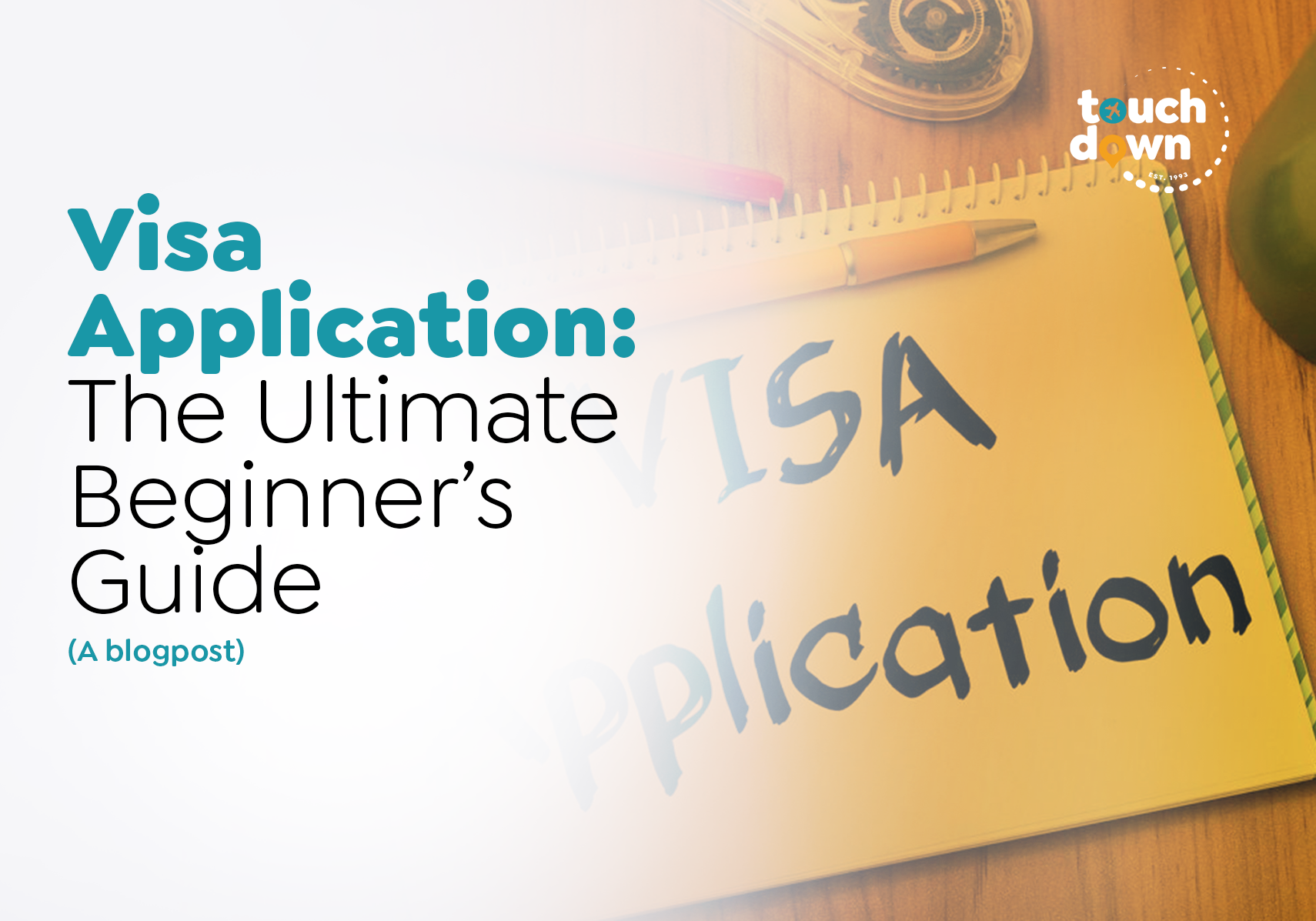At the start of the year, Sammy wrote in his journal, “visiting a foreign country” as part of his goals for the year. January went by, February and up until December of that same year, he didn’t travel as he planned to.
Why? He was clueless as to how the trip was going to happen, especially how to get a visa because he had read that for that country he wanted to visit, he needed a Schengen visa.
He doesn’t know what a Schengen visa is nor does he know how the visa application process works. If you’re like Sammy, I want to assure you that you’re in the right place.
Unlike Sammy, you have access to a resourceful article like this where I will be sharing what you need to know about visa applications, the type of visa you need, and the requirements and factors that might influence your visa application.
Did you know that every year, millions of visa applications are processed by consulates, embassies, and visa processing centers worldwide which reflects the growing demand for international travel?
So you see, you’re not the only one looking forward to exploring foreign countries. To access these foreign countries, you need entry approval.
If you have ever flown local flights, you will notice that visas are not required, sometimes a valid identification card is requested of your international passport and you can move freely within the state till you’re ready to return to base.
International travel is quite different.
You will need your international passport and a visa indicating how long you will be staying in that country and some other documents showing that you plan to return to your country base.
What is a Visa?
A visa is an official document or endorsement issued by a country’s government that grants permission for a foreign national to enter, stay, or travel within its borders for a specific purpose and duration of time.
They are typically affixed or stamped onto the traveler’s passport or issued electronically, depending on the country’s visa issuance procedures.
It also contains essential information such as the traveler’s name, passport details, date of issuance, validity period, authorized duration of stay, and permitted activities or restrictions.
This brings us to the question of WHY? Why can’t you book a flight to London without a visa? Why do you need a visa before airline officials permit you to board a plane at the airport?
Why Do You Need A Visa?

1. A visa helps destination countries regulate the flow of people across their borders by allowing them to assess and manage the number, eligibility, and duration of visits by foreign nationals.
2. It enables destination countries to conduct background checks and screening processes to identify potential security risks or threats posed by individuals seeking entry.
3. Visas may include health-related requirements, such as proof of vaccination or medical screening, to prevent the spread of infectious diseases and protect public health within the destination country.
4. Visas allow destination countries to protect their national interests, sovereignty, and economic well-being by regulating the entry of foreign nationals and ensuring that visitors comply with relevant laws.
Types of Visas
Every traveller is not travelling for the same reason and for the same duration, and because of that one type of visa cannot apply to everyone.
As part of your travel plans, you must have a concrete reason why you want to travel, the country you want to visit as well as how long you plan to stay there.
Your purpose of travelling and destination will determine the type of visa you will need. Here’s a list of the types of visas and their basic requirements.
1. Tourist Visa
This type of visa applies to individuals whose purpose for travelling is for leisure or to visit family and friends.
For example, if Sammy’s plan was to travel during summer to enjoy all the good things about summer in a foreign country, he would be applying for a tourist visa.
It is also important to note that for a successful visa application process, Sammy will need to provide a date when he would be returning to his country of residence aka, Nigeria.
Tourist Visa application requirements:
- A completed visa application form,
- Valid international passport,
- Passport-sized photos,
- Proof of accommodation,
- Travel itinerary,
- Proof of financial means to support yourself during your stay and of course a return ticket.
We understand that this can be overwhelming which is why our travel consultants are available to help you through your visa application process.
2. Business Visa
This type of visa applies to individuals who would love to travel to foreign countries for business-related activities such as meetings, conferences, negotiations, or market research which can either be self-sponsored or company-sponsored.
Business Visa Application Requirements
- Completed visa application form
- Valid international passport
- Passport-sized photos
- Invitation letter from a host company or organization
- Proof of business ties or employment
- Evidence of sufficient funds to cover expenses on your trip
3. Student Visa
This type of visa is for individuals who want to pursue educational opportunities in foreign countries either in a university, college or language school.
Study visa application requirement
- A completed visa application form
- A valid international passport,
- Passport-sized photos
- Acceptance letter from an accredited educational institution
- Proof of financial means to cover tuition and living expenses
4. Work Visa
A work visa is a type of visa that grants permission for a foreign national to work or engage in employment-related activities within the borders of a country for a specific period of time.
It serves as a form of authorization or clearance, allowing the visa holder to legally work and earn income in the destination country.
Work visa application requirement
- A completed visa application form
- A valid passport
- A passport-sized photo
- An employment contract or job offer from the employer
- Proof of qualifications and relevant experience
5. Residence Visa
This type of visa is for individuals intending to live or reside in a foreign country for an extended period ranging from several months to several years or even indefinitely.
It also depends on the specific visa type and immigration laws of the destination country.
6. Transit Visa
This type of visa is for individuals transiting through a country enroute to their final destination.
If a traveler’s journey involves passing through a country that requires transit visas for certain nationalities, they will need to obtain the necessary transit visa to legally transit through that country’s territory.
This type of visa is required if you
- have to pass through immigration to get to your connecting flight
- wish to leave the airport to explore the city or visit tourist attractions.
- need to change airports within the same city during a layover or stopover
For example, if you’re heading to Canada, and your layover is in Doha, you might need a transit visa to land in Doha for your connecting flight.
It is also important to note that this is dependent on the airline you’re flying as well as the immigration rules of the layover destination.
For this, you need, a completed visa application form, a valid international passport, passport-sized photos, and proof of onward travel (such as a flight itinerary).
You may also need to provide a visa or entry permit for the final destination
Conclusion
These requirements are not static just like human beings, they are subject to changes by the parties involved. Government authorities, consulates and embassies can modify their requirement. Make sure you do diligent research to avoid getting stranded or deported at your destination.
More Articles For you
6 Essential International Travel Tips
5 Differences Between an International Passport and a Visa

